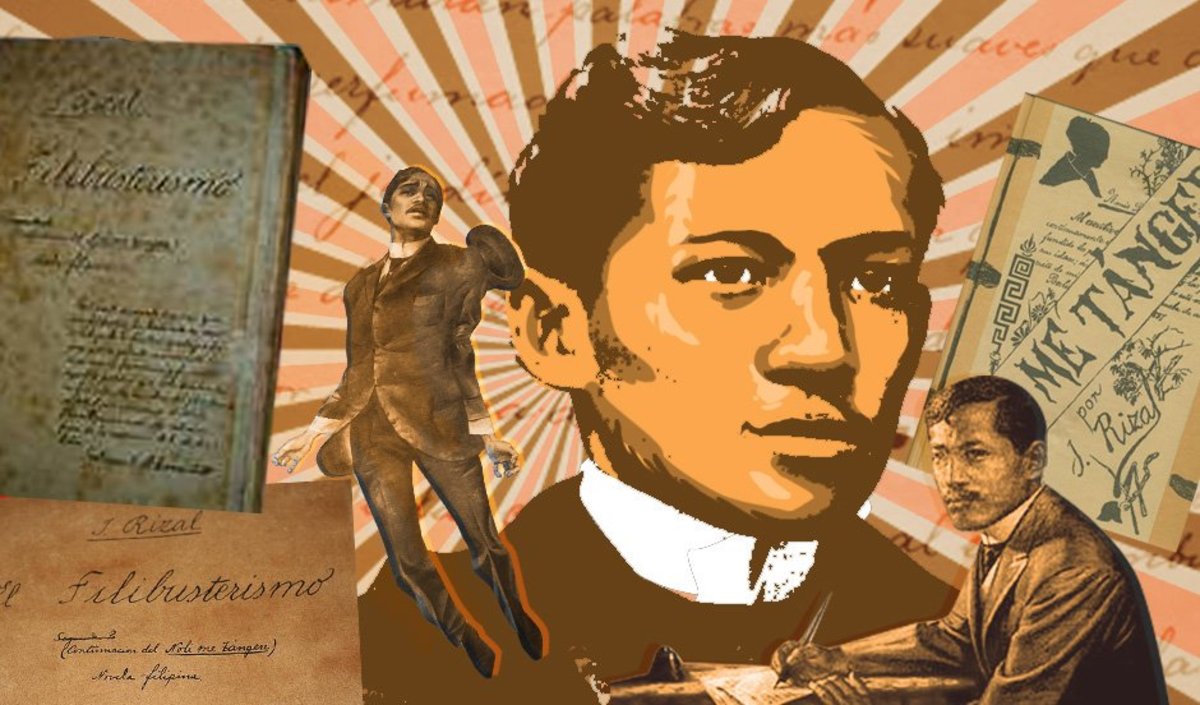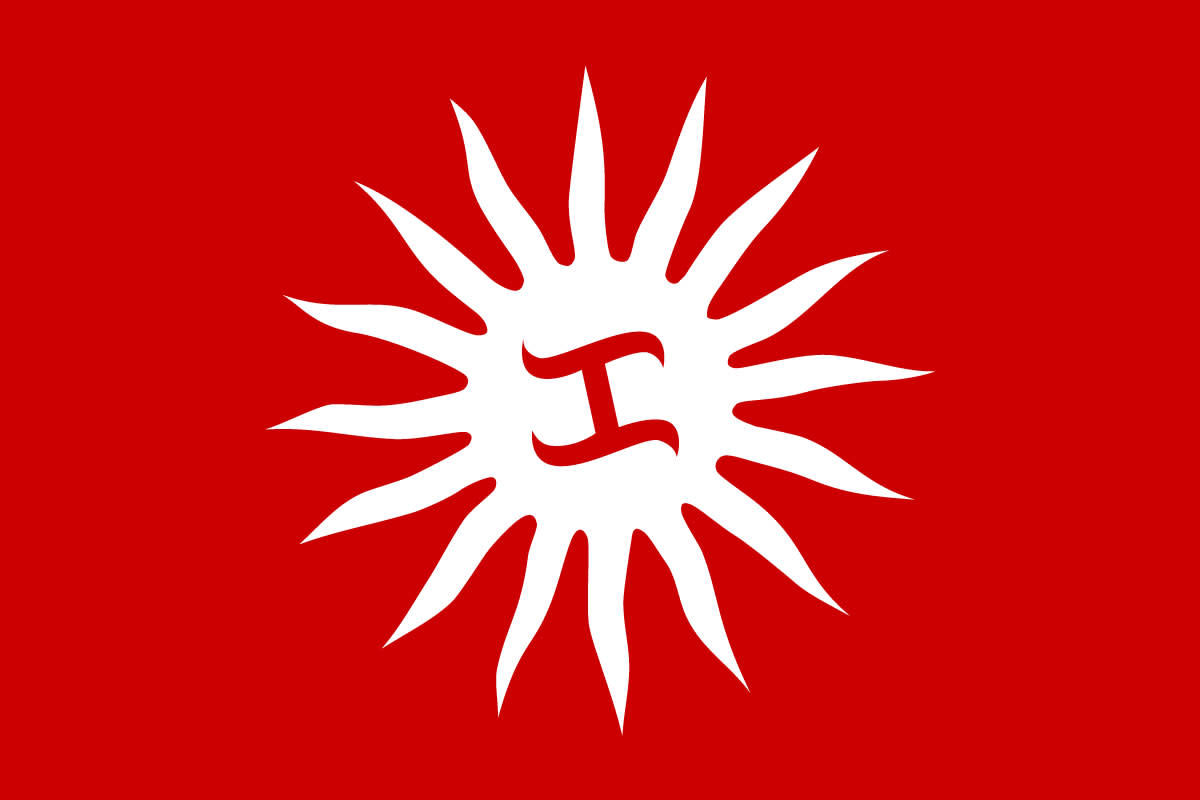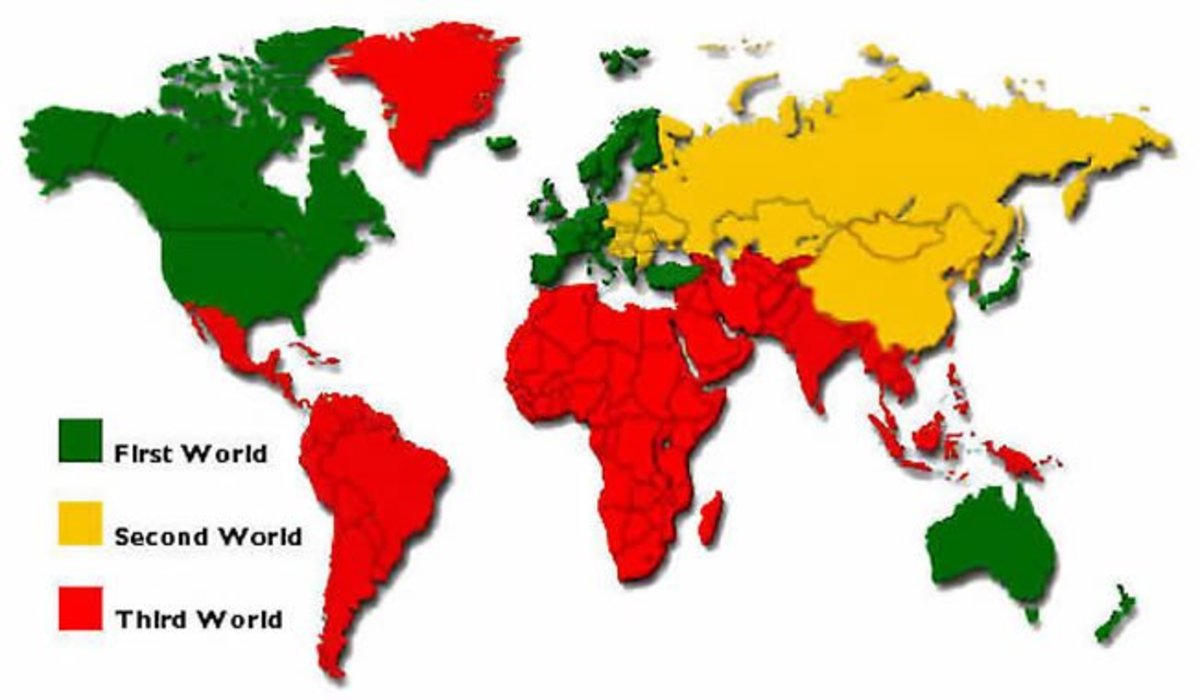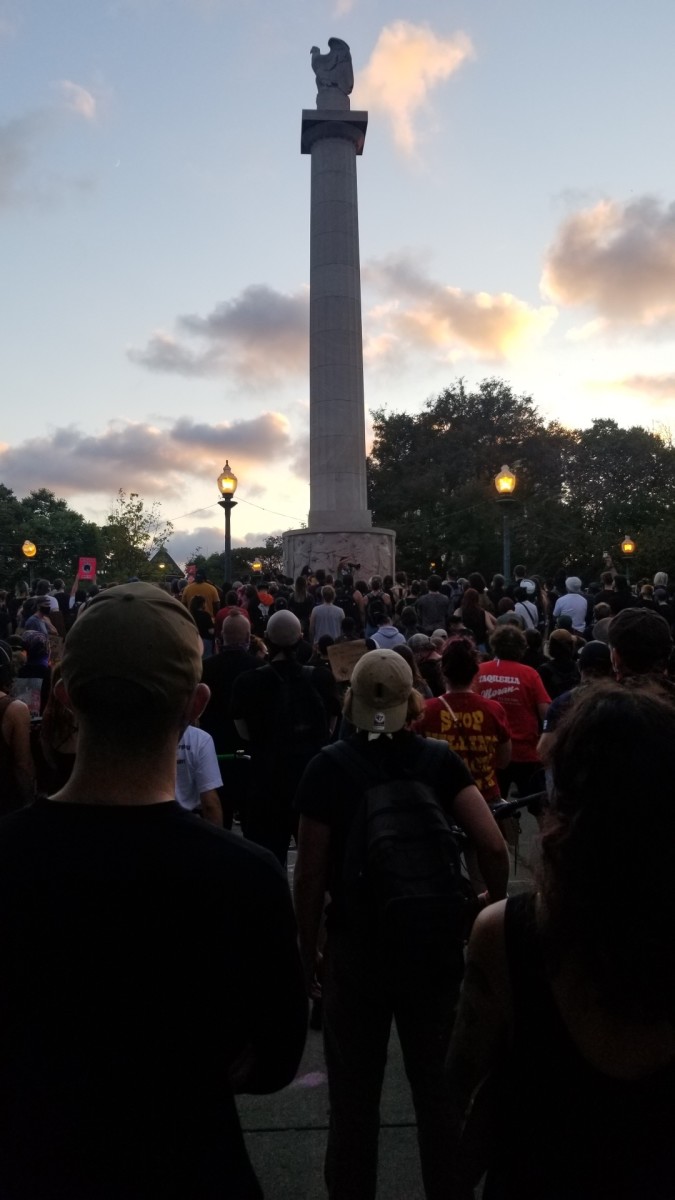The World Revolution
Introduction
The world has experienced two referendums in recent times that have shaken up the powers that be in their respective regions. In both Catalonia and Iraqi Kurdistan, the people have voiced their willingness to secede from their home countries and exercise their natural rights to self-governance. These referendums have shown the true nature of many governments around the world and the full extent of their dictatorial tendencies.
The Kurdish Referendum
The referendum concerning Iraqi Kurds' gradual separation from the rest of Iraq has been one that received only limited attention from Western media. It sent great waves throughout the entirety of the middle east, though. If the Kurds of Iraq do eventually achieve their independence, they will find themselves a state with enemies aplenty. Israel and Saudi Arabia have already voiced their support for them, though, and it seems likely that an independent Kurdistan would naturally fall into the U.S. axis in the middle east. There are a plethora of middle eastern factions desperate not to see an independent Iraqi Kurdistan, as it poses a threat to the territory of Syria, Turkey and Iran. Although the Kurds may prove themselves a vital U.S. ally, American support of the Kurds across the middle east may just result in further Turkish alienation and the eventual switch of Turkey from a U.S. ally to an enemy.
The Catalan Referendum
Meanwhile, the situation is far less politically complex in the region of Catalonia. For centuries, the region has had a culture and identity independent from that of Spain, and many times throughout history it has made itself an enemy of the Spanish government. Now, its independence referendum has had expectedly positive results for the separatists. While voter turnout was notably low and hundreds of thousands of votes remain unknown because of seizure by Spanish police, the votes that were counted were overwhelmingly in favor of independence. The extreme violence shown by these Spanish police towards voters has proven itself a rallying cry against rule from Madrid. The want for independence is great among the Catalan people, and it is only growing stronger.
Similarities Between The Two
The many political implications of these two referendums is being discussed at length by many others. Personally, I'd like to show them in a different light than what anyone else seems to see them in. These are, despite their many differences, two very similar referendums. Both concern people groups with separate cultural identities than the rest of their home countries that are striving for self-rule. Both are being contested by these home countries, and both may be the beginnings of something far greater.
The World Revolution
The world has, for many years now, suffered from the creation of nation states in the past that have not taken into consideration the ethnic, religious, linguistic and cultural differences of the people living there. Even in Europe, a region that's been able to develop its borders naturally, there are still many ethnically nonsensical countries on the map. Now, these states are beginning to fall apart. The yearning for people to want to live with others like them is not something that should be frowned upon or thought of as shameful. It's a natural human desire that should be embraced as the countries of old fall apart. The revolution of self-rule for the suppressed groups of the world seems to be coming. And, when it hits us in full swing, the ideas of true democracy and liberty it has thus far brought with it should be welcomed with open arms by all the world.








